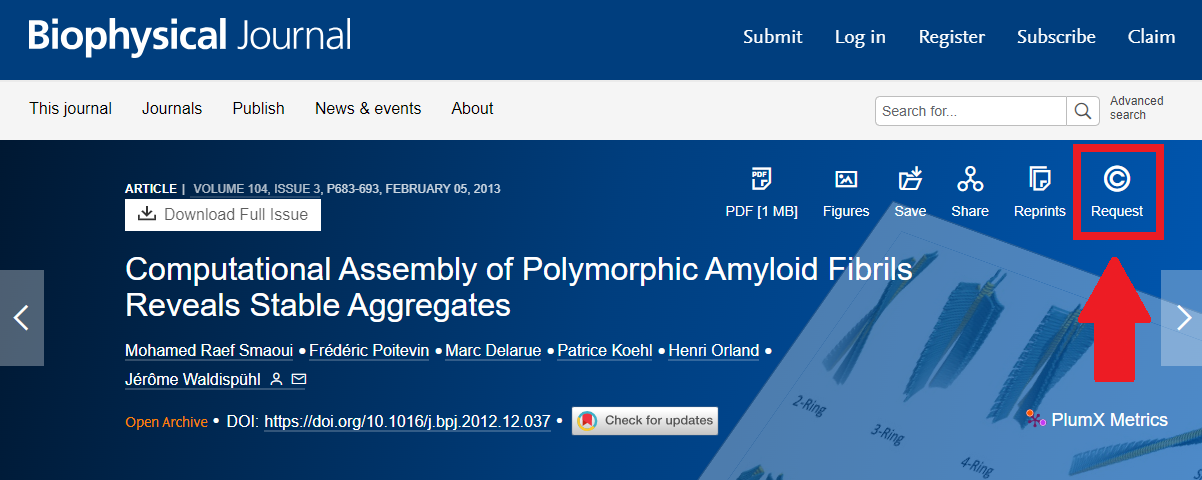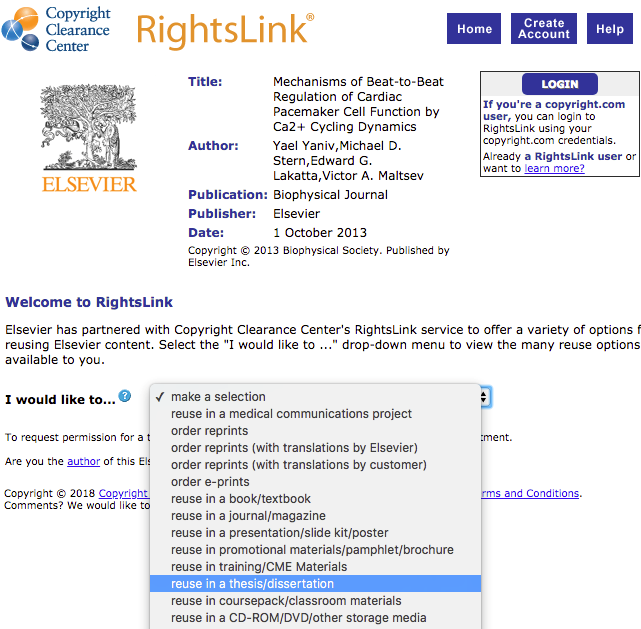Intellectual Property and Ethics
The foundation of academic research at Kuwait University rests on strict adherence to intellectual property rights and ethical standards. It’s imperative for students, especially those compiling an Article-Based Thesis, to diligently navigate these critical areas, ensuring their work advances academic knowledge responsibly.
Intellectual Property (IP) Rights
Ownership and Use of Research: Students must fully understand their rights and responsibilities regarding the use and dissemination of their research findings. This understanding is crucial when incorporating previously published work or when seeking to publish new findings, in strict accordance with copyright laws.
Published Articles: Once you publish your research as an article, the copyright of the published work usually lies with the journal. To include the article in the thesis/dissertation as a chapter requires obtaining permission from the journal. Generally, such permissions are granted electronically without issue.
Securing Permissions for Using Content from Published Journal Articles
To use materials from articles you’ve published in a journal you should following these steps:
Start by locating your article directly on the journal’s official website. Avoid using databases or third-party sites like PubMed for this purpose. A reliable method is to search for the article’s DOI (Digital Object Identifier), a unique 10-digit code often found in citations or bibliographies, through the “Resolve a DOI Name” service.
Next, find the link for permissions near the article’s title. This is typically labeled with phrases such as “Get permissions,” “Rights and content,” or “Copyright Request.”

Many journals delegate permission grants to the Copyright Clearance Center. If not, they will likely provide usage terms directly on their site. Typically, you’ll be directed to an online permissions form hosted by the Copyright Clearance Center. If it’s your first time using their service, you’ll need to create an account. Once your account is set up, you’ll return to the form to specify how you wish to use the material, selecting options like “reuse in an article” or “for a thesis/dissertation” from a dropdown menu (see image below).

When filling out the form, be precise about the details of the material you’re using (e.g., the number of figures) and information about your work (e.g., the thesis’s total page count, title).
Publishers usually allow the use of material in academic theses without a fee, whereas reusing your work in future articles may incur charges. It’s recommended to keep a record of the permission granted, including screenshots of the permission and email confirmations, for your documentation.
Permission Statement
After you’ve obtained the permission to reuse the article in your thesis/dissertation, you should include a permission statement in the connecting text of your chapter article similar to the following:
The remaining content of this chapter is reprinted with permission from:
• M. R. Smaoui, F. Poitevin, M. Delarue, P. Koehl, H. Orland, and J. Waldispuhl. “Computational Assembly of Polymorphic Amyloid Fibrils Reveals Stable Aggregates”. Biophysical Journal, vol. 104, pp. 683-693, 2013
Copyright (2013) Biophysical Society.
Research Ethics
Ethical Approval: Research involving human or animal subjects must receive prior approval from the appropriate ethics committee. The thesis must include documentation of this approval.
Data Privacy: Ethical conduct in research extends to respecting the privacy and confidentiality of participants. Data must be managed in accordance with ethical guidelines and applicable laws.


 Colored
Colored Grayscale
Grayscale

